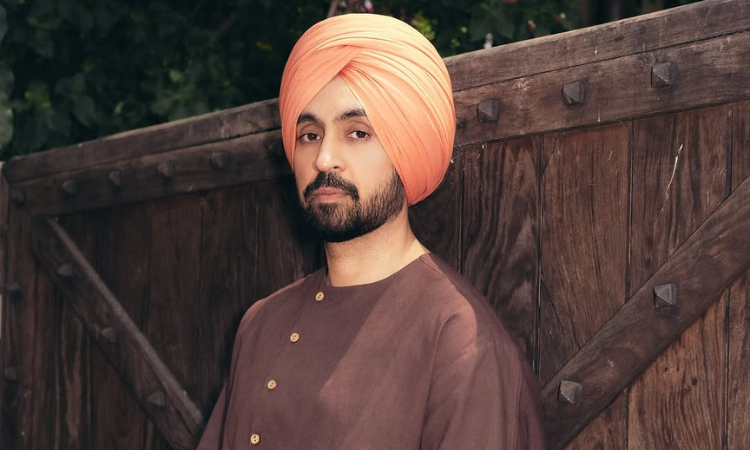Who are the men in turbans?
If you see a man in a turban, 99.9% of the time he is a Sikh. Sikhism is the fifth largest religion in the world. It started in India 500 years ago.
photo: Daljit Dosanjh, singer and actor, often photographed sporting colorful turbans
Things to know about Sikhs:
Sikhs are NOT Muslim.
They belong to a completely different religion (which you can learn more about on our website here).
Sikhs are NOT from the Middle East.
Sikhs originated in India. But they are known for their adventurous and enterprising character, so we find them working all over the world.
“Sikh” is NOT the same as “Sheikh.”
“Sheikh” is an Arabic term meaning “elder,” and is often used for tribal chief or Muslim scholar.
”Sikh” is an Indian term meaning “student.” It comes from the Sanskrit term “Sikhya,” which means “to learn.”
Sikhs are NOT intolerant.
Sikhs respect other religions so much they do not engage in evangelizing or converting others to their religion. They openly welcome people of all religions to their places of worship. Their holy scriptures contain writings from poets of other religions.
Sikhs do NOT exclude women from public life.
Sikhism has been preaching for 500 years that women are equal to men in every aspect of life. Sikh women are allowed to lead services, and to conduct all ceremonies in Sikh temples. Sikh women historically worked alongside men in farming and in business, and even accompanied them into battle.
Sikhs respect others.
A key tenet of Sikhism is that they believe a Divine energy (Ik Omkar), that is formless and eternal, resides within all of creation. Therefore they strive to treat all beings: human, animal or plant, with reverence and respect.
Sikhs believe that the greatest form of prayer is to engage in “Sewa,” selfless service to others .
Another key tenet of Sikhism is to engage in public service. At every Sikh temple we find Sikhs cooking and serving free meals to people of all faiths. At their holiest temple Harmandir Sahib, also known as the Golden Temple, over 100,000 meals are served free everyday, all cooked and served by volunteers!
Sikhs, as a people, have suffered from a massive case of mistaken identity over the last two decades.
Since the disturbing events of 9/11, and subsequent wide press coverage of violence in the Middle East involving fundamentalist factions of Islam, many of whose leaders wear turbans and beards, all turban wearing people are wrongly associated with ISIS, Taliban and Al Qaeda.
Sikhs, who are the most common turban wearing people all over the world, have sadly suffered grievous harm, including death, due to this mistaken identity.
